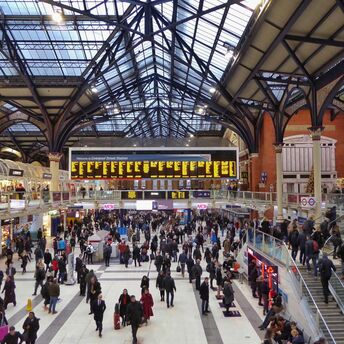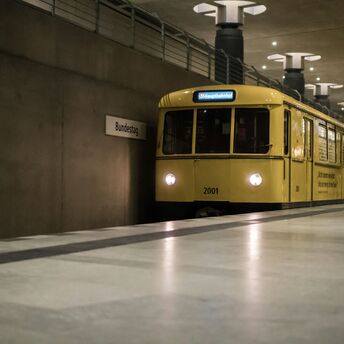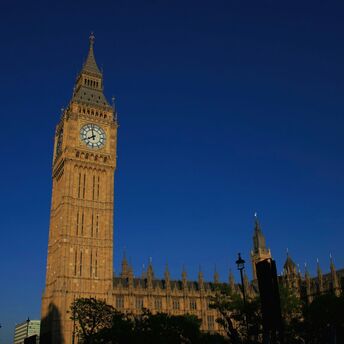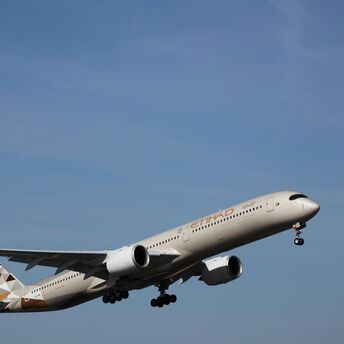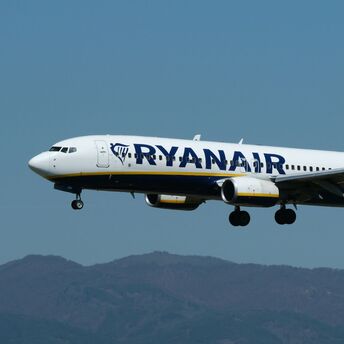Public Transport in UK Braces for Strikes
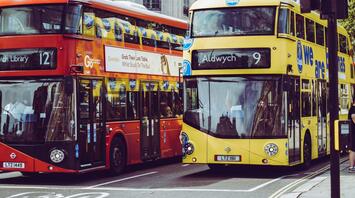
The United Kingdom is facing a growing wave of bus strikes that could seriously disrupt daily travel for millions of passengers. Unite, one of the country’s largest trade unions, reports that nearly 7,500 drivers are now either on strike or preparing to take action. Disputes have already reached major cities such as London, Manchester, Cardiff, Newcastle and Bristol. At the core of the unrest are disagreements over wages and long-standing complaints about working conditions.
Industrial action has already started in several regions, with thousands of drivers walking out. In London, West London services are disrupted as around 2,000 London United workers stop work. In Bristol, more than 1,000 drivers from First West of England are on strike, while dozens of Go South West employees in Swindon have joined. Cardiff and Newcastle may soon follow if ballots on pay offers are rejected, raising the likelihood of more widespread disruption.
“Bus employers everywhere need to get the message loud and clear: Driver pay simply does not reflect the stresses and strains of the job. Fatigue, a lack of toilets, abuse and even assaults are a daily occurrence. Unite will fight tooth and nail for bus workers until wages and conditions improve across the sector."
Commuters in cities affected by strikes are already experiencing the impact. A significant number of bus routes have been suspended, delays continue to rise, and numerous passengers face uncertainty about arriving punctually. Individuals who depend on buses to travel to work, school, or medical appointments are particularly at risk. The inconsistent operation of bus services interrupts daily routines and adds extra pressure on both families and commuters.
Travelers need to prepare for more extensive interruptions as the strike spreads further. Other means of transport, including trains, trams, and taxis, could experience increased usage, leading to overcrowding and potential price hikes. Visitors may encounter difficulties, especially in smaller towns where buses serve as the main way to access airports, accommodations, and popular attractions. Since there is no immediate solution in sight for these disputes, it is recommended that travelers plan ahead and stay updated on service notifications.
Strikes result in immediate disruptions while also pointing to essential flaws within the UK’s transportation structure. These disputes highlight the pressure on staff and show how significantly towns and cities continue to rely on bus services. Passengers are cautioned that interruptions in service could persist unless lasting agreements between employers and unions are finalized. These developments pose crucial questions for policymakers regarding the durability of vital services and emphasize the importance of sustained investment to maintain reliable public transportation.







